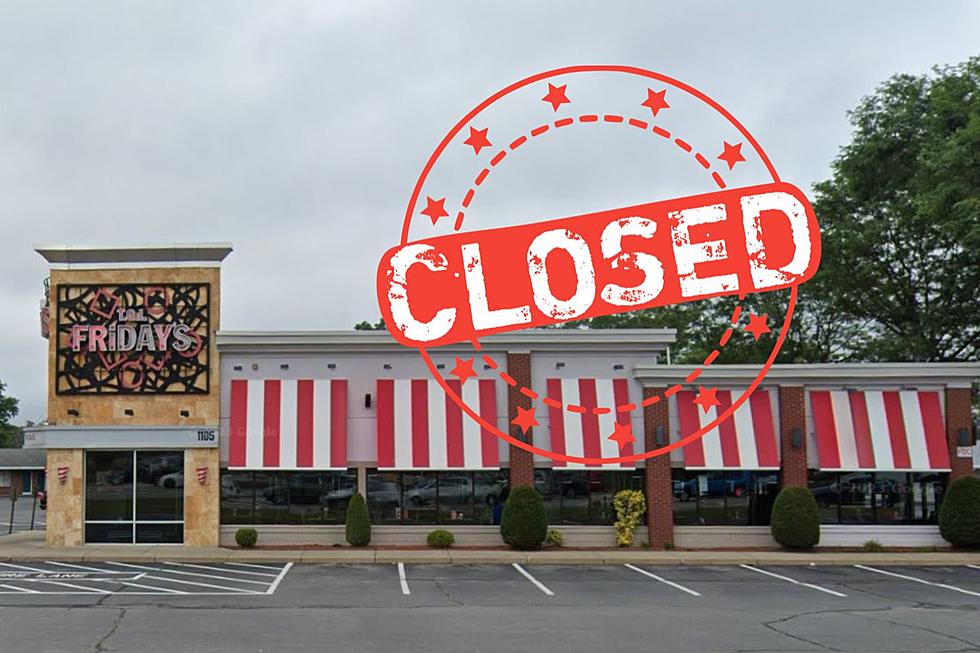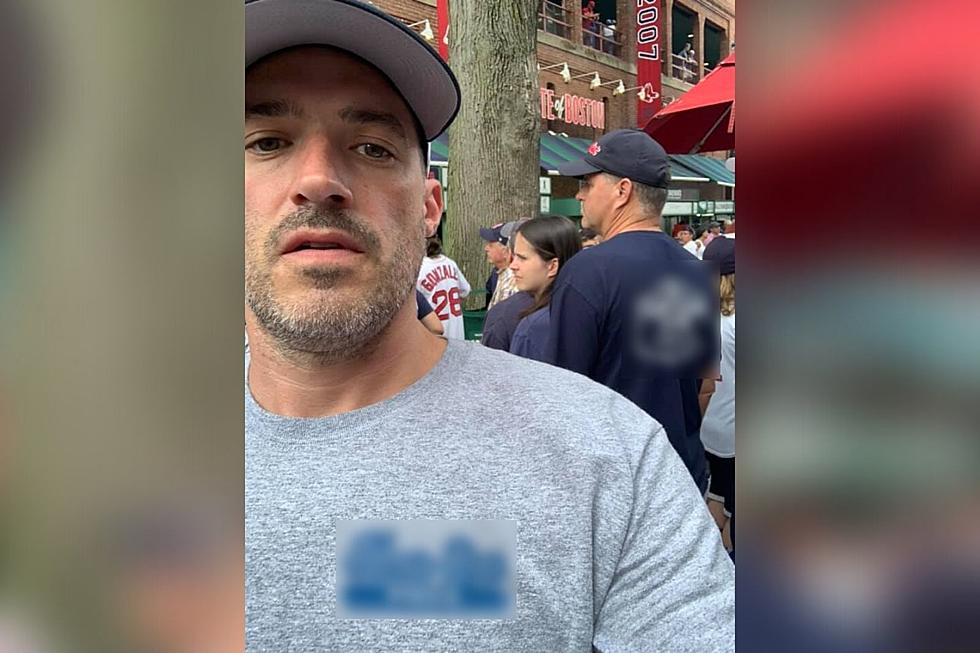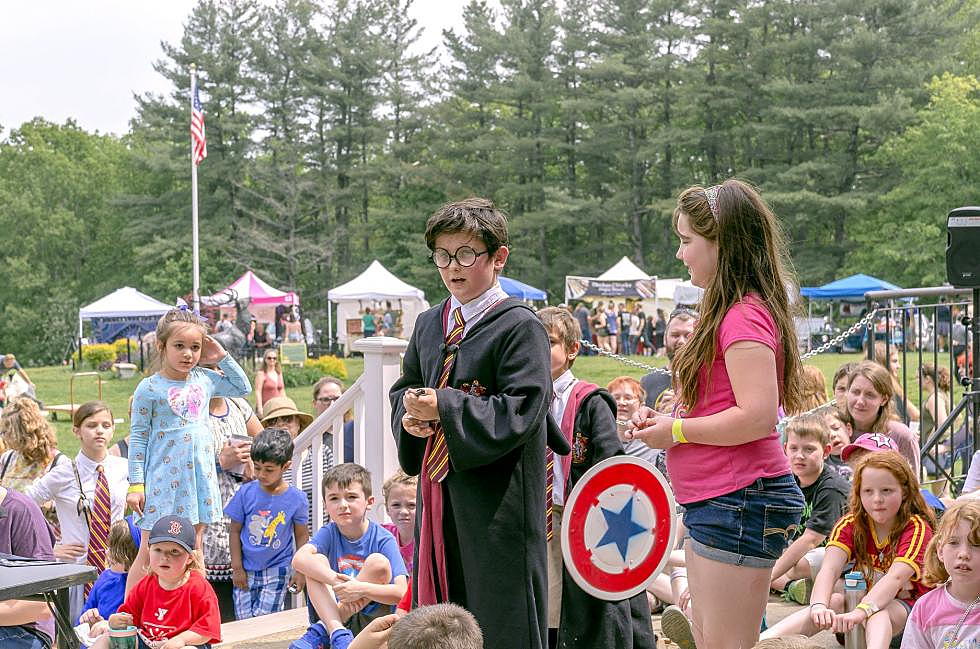
Stoughton, Massachusetts Named for Man Who Ordered Witches Executed
Stoughton is a town in Massachusetts that many associate with the South Coast Rail project. The most cost-effective and direct route for commuter rail service between Boston and New Bedford passes through the center of Stoughton, a town of slightly more than 29,000 residents.
The fact that the train would have to traverse the environmentally sensitive Hockmock Swamp slammed the brakes on the project, forcing the state to find another more costly and longer route through Middleboro.
Stoughton, incorporated in 1726, is in Norfolk County, approximately 46 miles north of New Bedford and about 17 miles southwest of Boston.
The town of Stoughton was named after William Stoughton, born in 1631. Stoughton was a magistrate and an administrator in the Province of Massachusetts Bay. He was also in charge of what has become known as the Salem Witch Trials in 1692 and 1693.

Stoughton was appointed to head a special tribunal to deal with growing allegations of witchcraft in the province, primarily in Salem and Boston.
As such, Stoughton ordered the executions of multiple women suspected of being witches, often without requiring proof to substantiate the charges.
In 1693, Stoughton ordered suspected witches, exempted by their pregnancy, executed. Governor William Phips overturned Stoughton's order.
Stoughton served as Lieutenant Governor of the province from 1692 until his death in 1701. For about six years of that time, he served as acting governor.
Stoughton was a 1650 graduate of Harvard and a significant property owner. He never married. Stoughton is buried in what is now known as the Dorchester North Burial Ground.
A Trip Back in Time With New Bedford's WBSM
Gallery Credit: Tim Weisberg
A Behind-the-Scenes Tour of New Bedford's Zeiterion Theater
Gallery Credit: Tim Weisberg/Townsquare Media
More From WFHN-FM/FUN 107







![We Found 5 Strange Pizza Toppings That Will Rock Your Next Pizza Night [VIDEO]](http://townsquare.media/site/519/files/2018/09/Laureen-Kelly-Pickle-Pizza.jpg?w=980&q=75)

